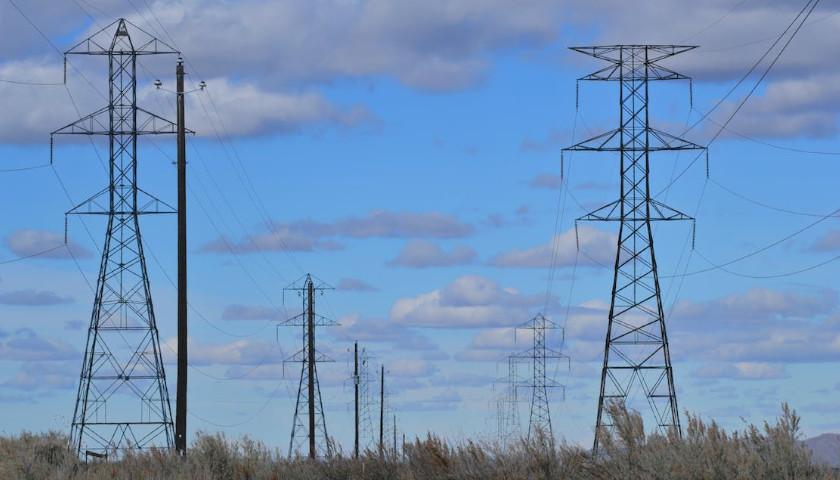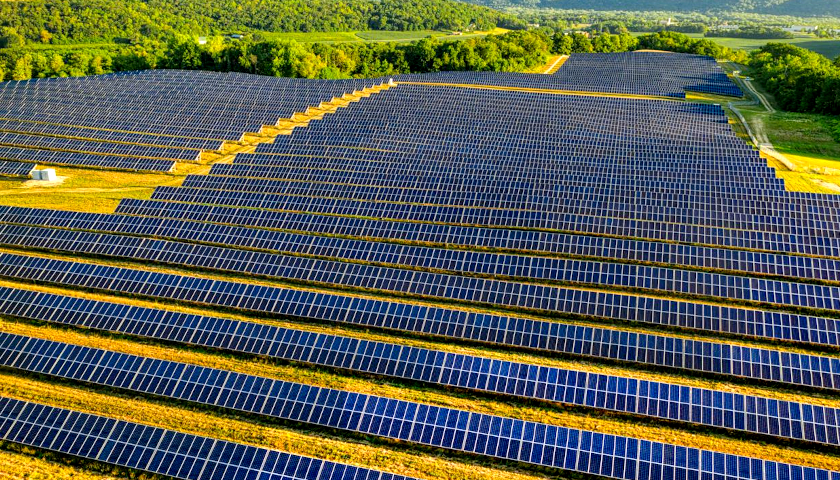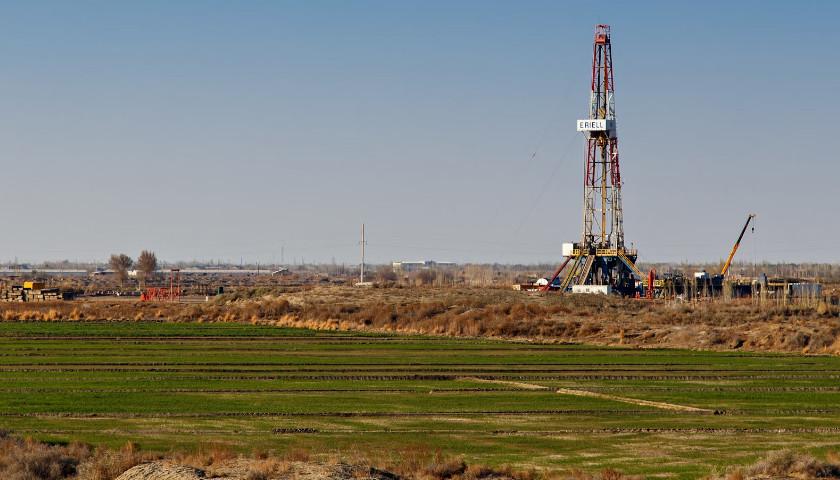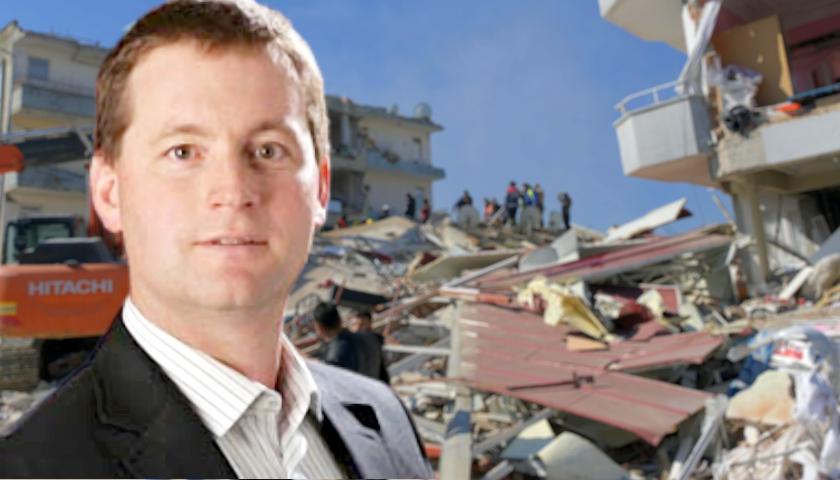by Kevin Killough
Storms in New England over the weekend have left thousands of people without power. Government data and studies show that these weather-related outages are becoming more frequent and lasting longer, which is often attributed to climate change, but analyses of grid resilience and research into disaster costs question that conclusion.
In New York, about 55,000 people were without power on Monday morning after a storm brought high winds and two to four inches of rain, according to The New York Post. The same storm left as many as 45,000 households without power Monday morning, NJ.com reported. As of 10 a.m. Eastern Standard Time Monday, 226,626 residents of Maine were without power, and local Maine television stations say the worst may be yet to come.
Altogether, nearly 600,000 New England residents were without power Monday morning.
Data from the U.S. Energy Information Administration shows that the average duration of annual electric power interruptions increased from between three and four hours between 2013 and 2016 to as much as eight hours from 2017 to 2021.
An analysis by Climate Central showed that the average annual number of weather-related power outages increased by approximately 78% between 2011 and 2021 compared to the previous decade.
Climate trends
The Climate Central analysis attributes the increases in power outages to increases in extreme weather, including extreme heat, extreme cold, wildfires and hurricanes. In the past year, there have been many reports of extreme weather driving electricity outages, some of which cite the Climate Central analysis.
According to the Intergovernmental Panel on Climate Change (IPCC), a consortium of influential climate scientists, a climate signal has emerged with regards to heat waves and cold snaps, but changes in other types of extreme weather haven’t been detected or attributed to climate change.
Dr. Roger Pielke, Jr., professor of environmental studies at the University of Colorado at Boulder, explains on The Honest Broker, that a climate signal, according to the IPCC, refers to detecting and attributing a change in the statistics of a particular climate or weather variable, and the emergence of a signal refers to change in signal that is large enough to be attributable to something other than natural variability in weather.
While the IPCC does grant a high degree of confidence of an increase in heatwaves and cold snaps, that’s not true, Pielke says, for floods, droughts, hurricanes and wildfires.
Pielke has also done extensive research into the costs of natural disasters over time. In his studies, Pielke normalizes costs, which adjusts for changes in wealth over time. As he explains in The Honest Broker, a category 3 hurricane hitting Miami Beach in the 1920s would impact far less development than a hurricane of the same intensity hitting the beach today. So, there would be an increase in damage costs over time that has nothing to do with differences in storm intensity.
Pielke’s research adjusts for these differences and finds that the trend toward disaster costs is down slightly. With flood damage, there has been a decrease by about 90% since 1940. Pielke has said that using disaster costs to measure changes in extreme weather is misleading.
Grid reliability
While climate activist organizations attribute grid vulnerability to extreme weather, analyses of the grid itself find that much of the problem lies in an over-reliance on weather-dependent energy sources, such as wind and solar, as well as the retirement of coal-fired power plants.
The North American Electric Reliability Corporation (NERC), which is tasked with assessing the ability of the electricity grid to meet demand, has repeatedly said in the past few years in seasonal and long-term reports, a growing problem of resource inadequacy. In each case, NERC’s assessments find that a greater dependence on natural gas-fired generations, which creates a problem during periods of cold weather, makes it hard to meet demand during these weather events. During extreme cold, natural gas supplies are diverted away from electrical generation as home heating demands increase.
The Electric Reliability Council of Texas (ERCOT), which oversees the Texas grid, has assessed the same problem in that state, which has a grid separate from much of the rest of the country. In the lead up to winter, ERCOT was trying to bring online more fossil fuel-powered electricity plants to meet high demand periods.
While weather is contributing to the problem, NERC and ERCOT say the U.S. grid simply needs more on-demand power from fossil fuel sources.
– – –
Kevin Killough is a reporter for Just the News.









The liberal Northeast has laid its own bed!